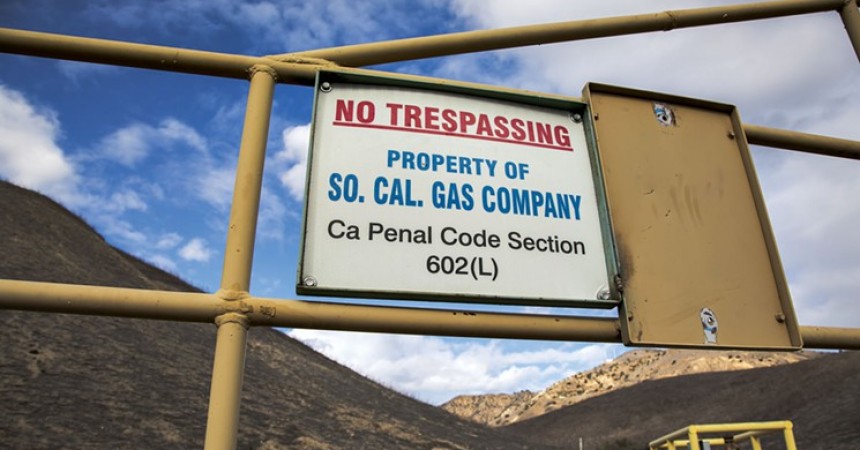
There seems to be a proliferation of instances of catastrophe which Ulrich Beck long predicted in his work on our contemporary risk society. Certain events, like the continued unabated spewing nuclear radiation from TEPCO’s Fukushima Daichi plants, are world crises which have global impacts, even though technically the jurisdiction for dealing with such a problem is national, in this case, falling to the Japanese government.
If TEPCO had been an entirely nationalized company, the Japanese government would be directly beholden to its people–and the rest of the world–to take responsibility for swiftly taking action in cleaning up the plant.
Los Angeles is currently experiencing a similar such state of emergency. SoCalGas, a private corporation, has since October 2015 had a major leak at their methane plant in the middle of Los Angeles County.
https://www.edf.org/embed/methane-counters
This gas leak has caused nose bleeds, mass evacuation of over 2,700 homes surrounding the area, and still, is months away from being cleaned up. While some residents have demanded that the facilities be closed down, the sensible environmental health thing to do, there is great resistance by the company to do so.
The effects of SoCal Gas’s refusal to divert their full energies to stopping the flow of methane into LA’s atmosphere is that residents have been experiencing a sharp uptick in “nosebleeds, vomiting, hives, headaches and respiratory illnesses.” But instead of seeing this as a problem of the commons, one where politically active people are speaking for the thousands or millions in LA affected but for whatever reason not available to be politically involved, attendees to a recent meeting were instead “asked to keep track of what they’re spending,” so they might be at some far-off future date financially reimbursed.
But does money buy environmental health? The answer is decidedly “no.” Environmental health is an aspect of environmental justice, meaning that often times those most vocal about existing problems are but the tip of the quickly melting iceberg. Such a piecemeal squeaky-wheel solution is a classic case of what Andrew Szasz has called the “inverted quarantine” of privatized health. Rather than considering the commons, such approaches attempt to move away and protect oneself from public harms that effect all. This is the very opposite of environmental justice. The able-bodied, financially-able, time-flexible, flee the scene of the crime and protect themselves from disaster. And who can blame them? The problem is, that when there are public disasters-=disasters that harm everyone in that area (or according to that metric)–but private solutions which leave those worst off out in the cold (or out in the methane, as the case may be), what then? Unless there are public political bodies mitigating against the systematic degradation of all citizens’ health, regardless of their income, education, or political or economic acumen, then we truly are living in barbaric times.
With only a little exaggeration, LA County Supervisor Michael D. Antonovich has dubbed the crisis a “mini-Chernobyl.” Such a descriptor unintentionally gets at the heart of the crisis.
One of the main differences between Fukushima Daiichi and Chernobyl was that the USSR took care of Chernobyl by cementing it over in 4 days, while nearly 5 years later Japan and TEPCO have been passing the accountability buck back and forth without decisively stopping the harmful flow of radiation.
In a risk society, when things go wrong, quick and bold action must be taken. Waiting to see what will happen, or trying to make a buck despite the crisis, is an unethical approach to grievous accidents that could mean the deaths–directly or indirectly–of countless human lives now and in the future.